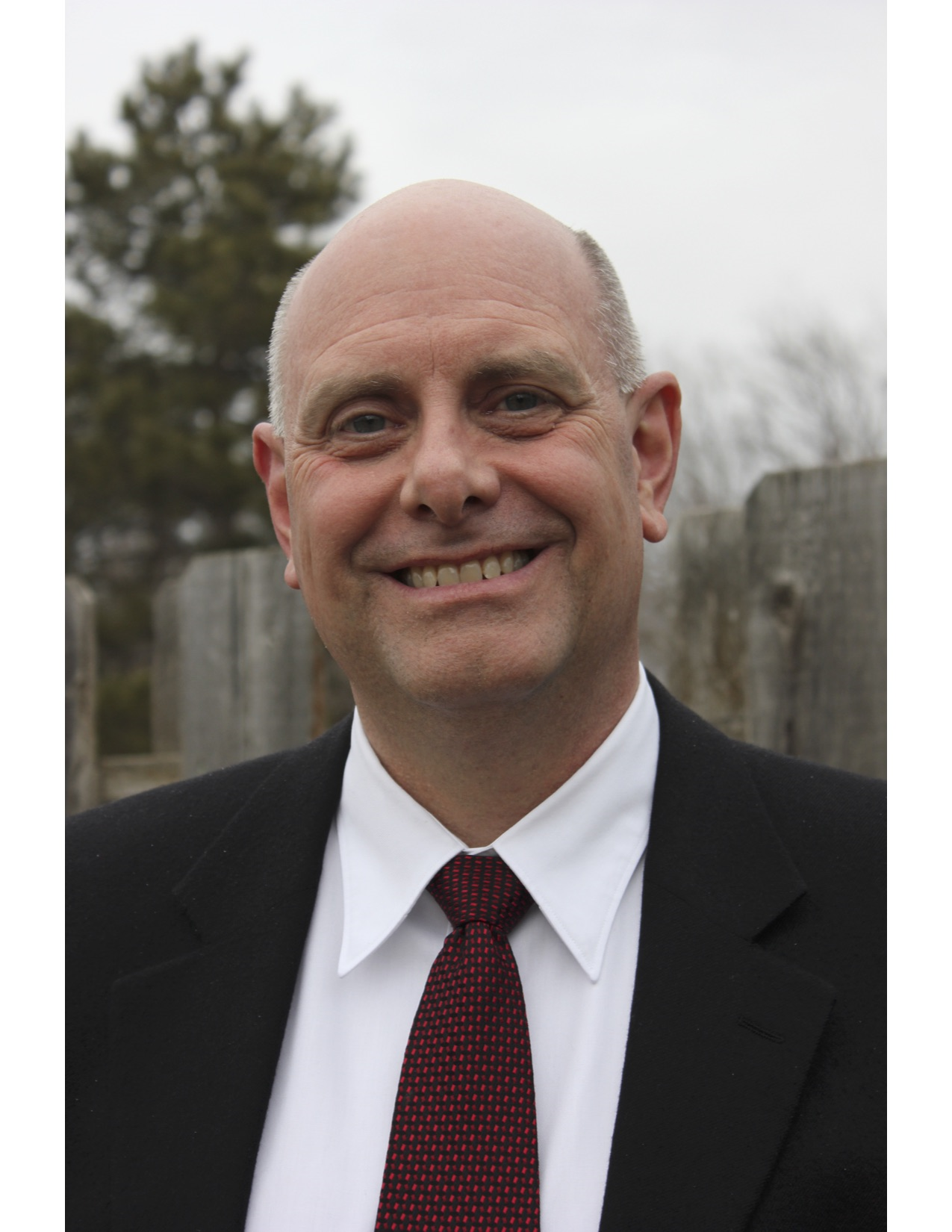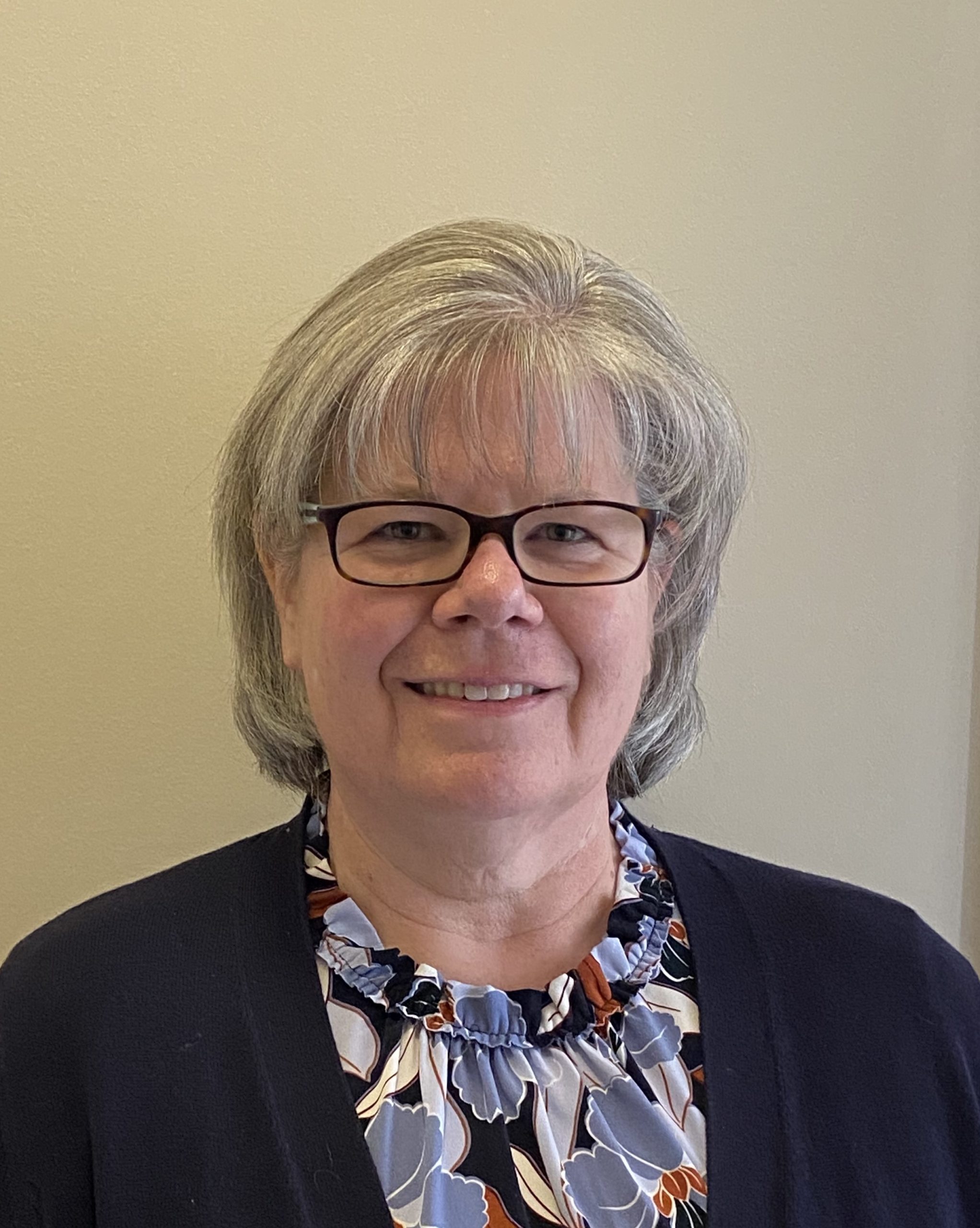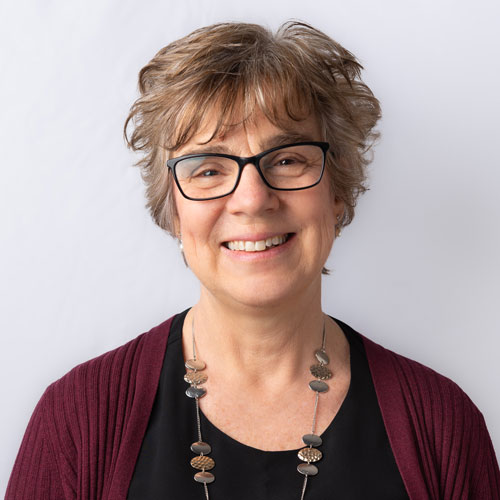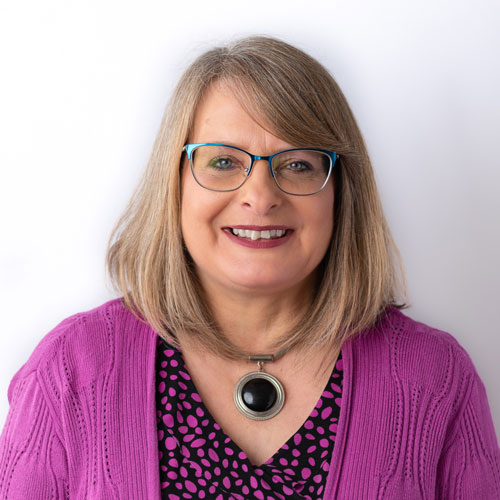Events

- This event has passed.
NILD Canada Online Conference 2021
April 23, 2021 - April 24, 2021

Discovering the D’s:
How new research on Dysgraphia, Dyslexia and Dyscalculia informs intervention
Dysgraphia, Dyslexia and Dyscalculia are terms that we are hearing more often, but what do they mean and how do they relate to one another? Whether you are a parent, therapist or educator we hope to demystify these three D’s and share practical ways of supporting the learner.
Our 21st annual conference will be held over Friday and Saturday April 23 & 24, 2021. This year, the conference will again be held online which not only gives us the opportunity to engage with an unlimited number of people, but also invite speakers from abroad. Last year we were thrilled to invite participants from across Canada, the US and around the world.

Dates & Times
Friday, April 23rd, 2021, 7:00 pm – 9:00 pm EST
Saturday, April 24th, 2021, 10:00 am – 4:00 pm EST
Location
Online!
Cost
Regular Rate: $125
NILD Registered Therapist Rate: $100
Registration Deadline
April 20, 2021
Pre-Conference
We are excited to stream this year’s entire conference through a private Facebook group. This will allow us to collaborate and discuss ideas together before the conference, watch our live streamed sessions together, and access conference notes and links, all in this same group. It’s a one-stop, weeklong learning experience!
Click HERE for Conference Schedule
Introduction to Speakers and Sessions

Dr. Tony Ryff | PhD, PCET, Trinity Academy, Wichita, KS
Tony has served as an NILD instructor for 31 years and in a number of other roles across his career including classroom teacher, principal, and school superintendent. He was an NILD program coordinator for 12 years and served as NILD’s Associate Director in the late 1990s. He also serves as an adjunct professor at Liberty University. His wife, Kathy, is also an educational therapist, and she uses aspects of the NILD program in her role as a Special Education teacher in a suburban public high school. Tony and Kathy have three children and five wonderful grandchildren!
Session I: From My Brain to the Paper: How Does That Work?
A frequent characteristic in students with learning differences is the difficulty of getting one’s thoughts onto the page. This condition, commonly called dysgraphia, affects spelling, handwriting, and written expression. In this session, we will discuss this neurological disorder and how to strengthen the learner’s visual-motor skills for academic success.
Session IV: Bridging Learning to Life: How Educational Therapy Builds Core Academic Skills
The focus of NILD Educational Therapy is the development of clear and efficient thinking and improving the student’s ability to reason and process information. The various techniques emphasize basic academic skills such as reading, writing, spelling, and math, as well as applying reasoning skills within each discipline. In this session, we will discuss how to maximize application and transfer to the classroom.

Dr. Nicole Conrad | PhD, Saint Mary’s University, Halifax, Nova Scotia
I am currently a Full Professor and Department Chair in the Psychology Department at Saint Mary’s University in Halifax, Nova Scotia. I received a PhD in Experimental Psychology from McMaster University, with a dissertation examining how orthographic knowledge – the knowledge of letter patterns and regularities in written language – contributes to reading skill. My research program on reading development in typically developing and struggling readers has developed over 20 years and is funded by the Social Science and Humanities Research Council of Canada and the NS Department of Education and Early Childhood Development. I currently am an elected board member for the Society for the Scientific Study of Reading, an editorial board member for the journal Scientific Studies in Reading, and most recently, an Associate Editor for the Journal of Research in Reading. I also have a 7-year-old son who is currently learning to read.
Session II: Spelling, Reading Development, and Dyslexia
Although we conceptualize dyslexia as a reading disability, I will focus on the role of spelling practice and intervention in developing literacy skills for typically developing children and children with dyslexia. I will begin with an overview of dyslexia, reviewing some of the key struggles children with dyslexia experience in both reading and spelling. Next, I will review current research conducted with typically developing children on the role of spelling practice and instruction on reading development, focusing on both invented and conventional spellings. Identifying how spelling contributes to reading development during a “typical” learning process informs effective evidence-based practices to apply with children with dyslexia. Finally, I will review current research on spelling interventions for children with dyslexia, identifying best practices and target outcomes; that is, what works for which literacy skills.

Dr. Paula Clark | PhD, North High School, Willoughby, OH
Dr. Clark is a career educator with a tenure of 30 years in education. Paula currently teaches high school mathematics but her teaching experience spans the educational spectrum from elementary to doctoral level teaching. As an educator, she is passionate about creating authentic, conceptual based learning experiences for all students. As a learner, she believes strongly in the relationship between continuous educator development and student learning. Paula is a recent graduate of the Doctor of Education program at Johns Hopkins University with a specialization in Mind, Brain and Teaching. Paula combines her formal training in the neurobiology of learning differences and her years of classroom experience to create instructional strategies that translate research into practice.
Session III: Discovering Dyscalculia
What is developmental dyscalculia and how prevalent is dyscalculia among school age children? Why is dyscalculia so misunderstood and what are the myths that need to be dispelled? How do we identify students with dyscalculia and, more importantly, how can we intervene to reduce the mathematics difficulties experienced by students with dyscalculia? In this session, we will explore and discuss the answers to these questions in our quest to learn more about this learning difference.
Our discovery will continue as we:
- Uncover the signs and symptoms of dyscalculia
- Experience first-hand the struggles that students with dyscalculia face
- Learn strategies to support our students with dyscalculia
Participants will be introduced to current research findings along with learning practical methods of intervention.

Diane Geerlinks
Diane is passionate about helping kids learn, developing their strengths and improving their weaknesses. She has worked in the field of education for the past 25 years. In 2009, Diane trained as an NILD Educational Therapist and opened up her own practice, GeerLINKS Educational Therapy & Consulting. She is currently the Director of Marketing for NILD Canada and speaks at educators’ conferences across Canada.
Panel Discussion – The 3 D’s and their Comorbidity: To what extent and why do developmental Dysgraphia, Dyslexia and Dyscalculia co-occur? Dr. Tony Ryff, Dr. Nicole Conrad and Dr. Paula Clark, with our mediator Diane Geerlinks, will demystify the D’s.

Mary-Lou Maclean – Conference Host
Mary-Lou’s passion is helping struggling learners reach their full potential. She has worked in the field of education for over 25 years, as a teacher, NILD Educational Therapist and speaker. Since 2004, she has instructed graduate courses with NILD Canada and became Executive Director for NILD Canada in 2013.
